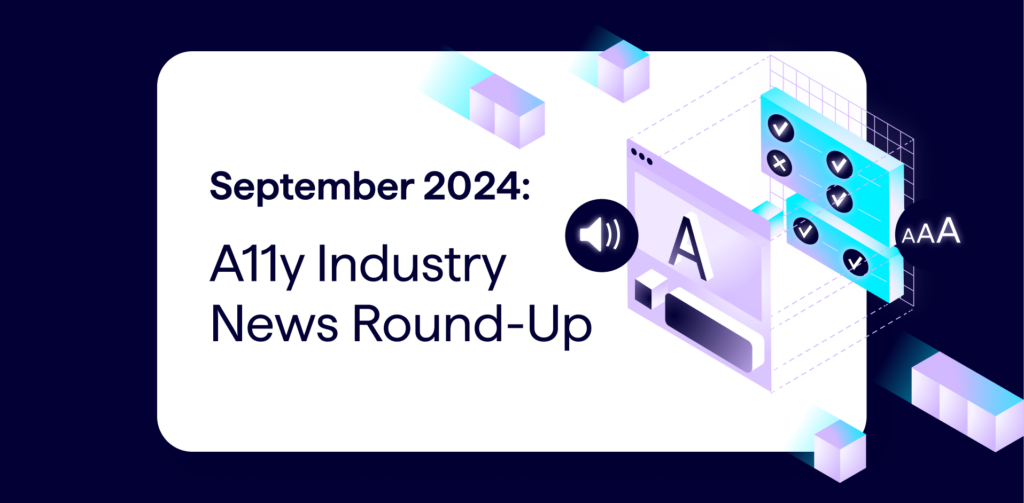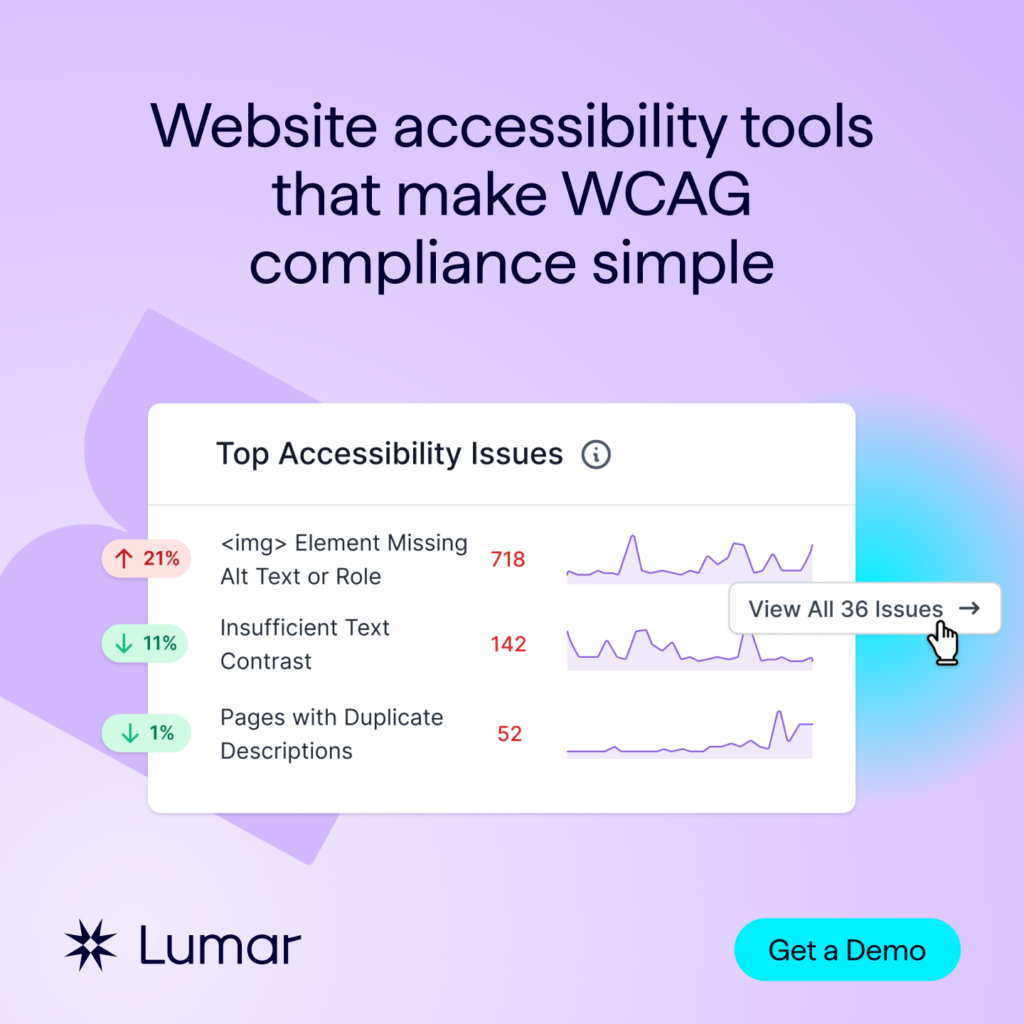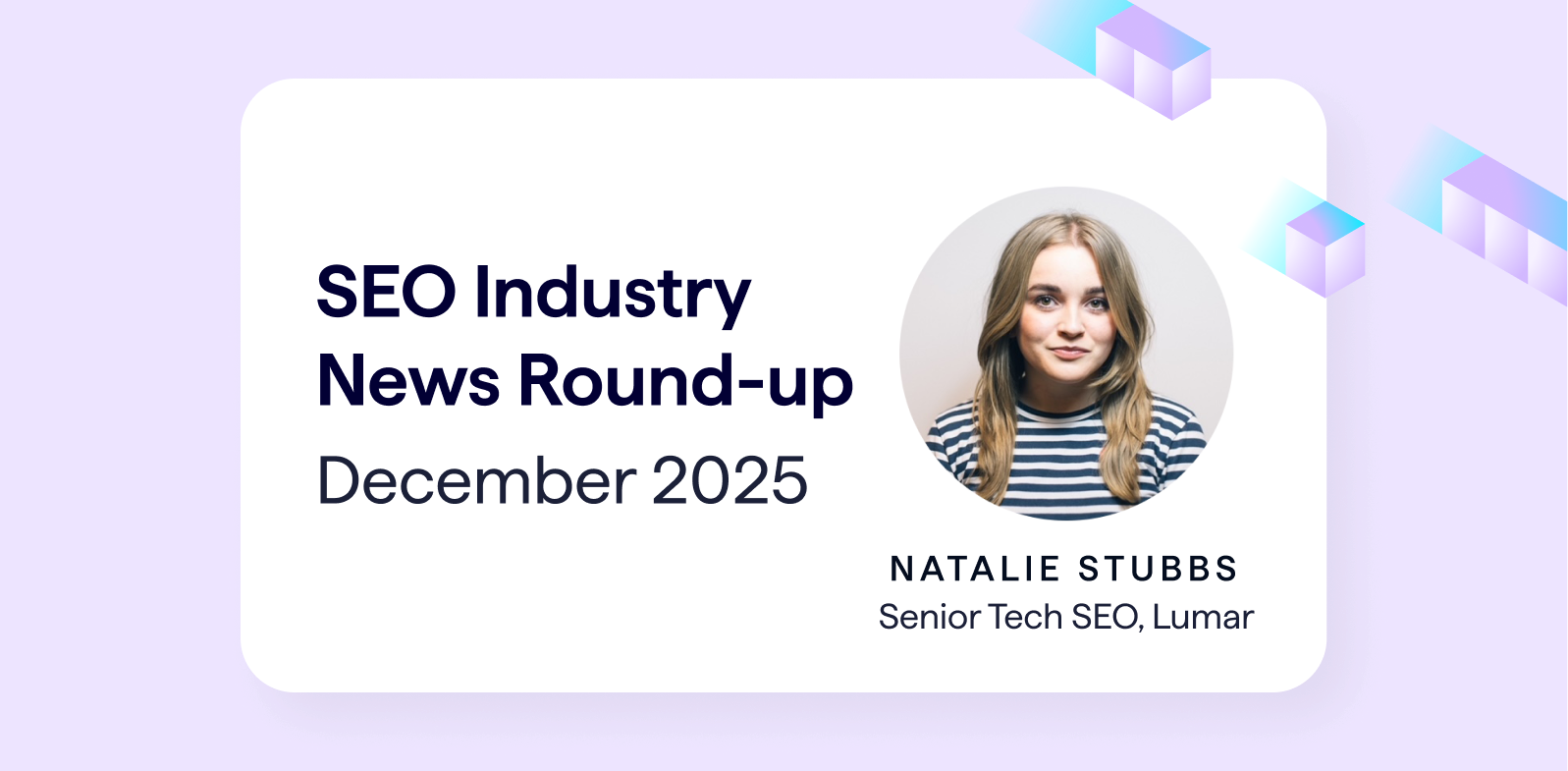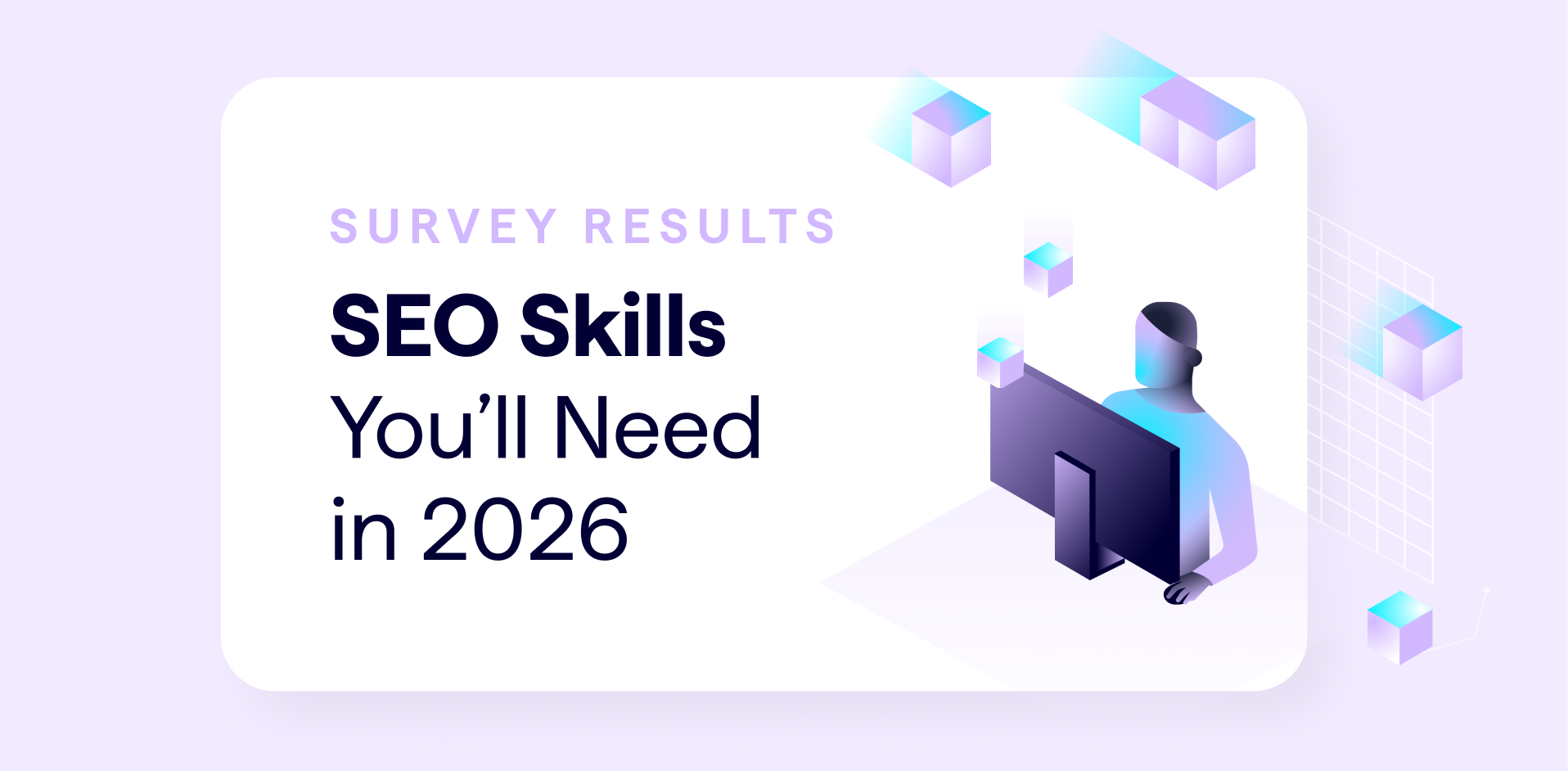What happened in digital accessibility news this month?
Each month, we round up some of the top headlines for web accessibility professionals, with help from our a11y expert friends at QualityLogic.
This month, our accessibility news roundup includes:
- New accessibility guidance for telehealth services was published by the World Health Organization (WHO) and the International Telecommunication Union (ITU).
- New accessibility standards are in development for UK arts and cultural organizations.
- A Colorado accessibility law has led to the removal of public records from public agency websites, prompting frustration from accessibility advocates and an extension of the compliance deadline.
- In the US this month, the FCC will vote on improving the accessibility of video conferencing services like Zoom and Teams.
Read on for the top digital accessibility news this month.
WHO and ITU publish new accessibility guidance for telehealth services
Healthcare and public agency website managers will want to pay attention to new accessibility standards published this month by the World Health Organization (WHO) and the International Telecommunication Union (ITU).
In September 2024, WHO and ITU published the new “Implementation Toolkit for Accessible Telehealth Services.” This document provides practical guidance for governments, policymakers, the health industry, health services providers, and civil society on integrating accessibility features in telehealth services.
Per the new documentation:
“Many of the features in the WHO-ITU Global standard refer to the Web Content Accessibility Guidelines [WCAG]; staff working on accessibility or web developers may already be familiar with these. Provisions must be put in place to ensure reasonable accommodations and meaningful engagement of persons with different impairments.”
The WHO-ITU guidance outlines technical requirements for telehealth services broken down by type of disability, including guidance for:
- Persons with vision impairment and blindness
- Deaf and hard-of-hearing persons
- Persons with speech difficulties
- Persons with mobility impairments
- Persons with mental health conditions and psychosocial disabilities
- Persons with developmental and intellectual disabilities
- Persons with learning disabilities
[Source: World Health Organization announcement, September 2024]
New accessibility standards in development for UK arts and cultural organizations
Digital accessibility is receiving greater attention across all industries worldwide, including arts and culture.
This month, Arts Council England, Arts Council of Northern Ireland, Arts Council of Wales and Creative Scotland have announced the disability charity Attitude is Everything as the standards supplier for the arts councils’ All In program, a UK-wide accessibility scheme for creative and cultural industries.
All In aims to remove the barriers faced by D/deaf, disabled, and neurodivergent people when booking and attending creative and cultural events.
Attitude is Everything will be responsible for developing a set of sector-wide standards for theatres, galleries, museums, libraries and other creative organisations that sign up for the scheme.
Part of this work will include making digital communication more accessible, usable, and inclusive.
[Source: Creative Scotland announcement, September 2024]
Colorado digital accessibility law has unintentionally led to the removal of public records from websites, prompting frustration and a compliance deadline extension
In the US, Colorado’s House Bill 21-1110 required all state and local agencies to implement accessibility plans for their IT systems by July 1, 2024, or face potential discrimination lawsuits and fines of up to $3,500.
To make public documents accessible to individuals with vision and hearing impairments, agencies must remove the original files and replace them with new accessible versions. These new versions must adhere to WCAG standards for web accessibility.
Some public agencies were concerned about their ability to meet the deadline for web accessibility compliance and instead opted to remove inaccessible public records from their websites. Clearly, this was not the intended result of the bill. The law allocated $300,000 to the Governor’s Office of Information Technology to assist agencies with the conversions, but the agencies received no funding themselves.
Per reporting from Colorado Politics, accessibility advocates have expressed frustration about the agencies’ choice to remove public records instead of making them more accessible to all.
Following the state agencies’ expressed concerns about meeting the compliance standards, a new bill has now extended the deadline for compliance to July 1, 2025.
[Source: Colorado Politics]
The FCC will vote on improving the accessibility of video conferencing services like Zoom and Microsoft Teams
In the US, on September 26, the Federal Communications Commission (FCC) will vote on a proposed rule to ensure interoperable video conferencing services (IVCS) are accessible to people with disabilities.
Per the FCC’s notice:
“If adopted, the Second Report and Order would establish IVCS-specific performance objectives stating that IVCS [interoperable video conferencing services], equipment, and software shall provide accurate and synchronous captions; enable connection to third-party captioning and sign language interpretation services; and allow IVCS users to independently activate and adjust the display of captions, speakers, and signers and other features for which user control is necessary for accessibility.
The Further Notice of Proposed Rulemaking (Further Notice) seeks comment on whether additional performance objectives should be added for video conferencing services, including:
- text-to-speech and speech-to-speech functionality;
- automatic sign-language interpretation;
- audio description and other functionality for participants who are blind or have low vision; and
- functionality needed by people with cognitive or mobility disabilities.”
FCC Chairwoman Jessica Rosenworcel has said:
“During the pandemic, so many people counted on video conferencing services like Zoom and Teams to stay connected and keep up with work, healthcare and so much more. We know these technologies can help facilitate all kinds of interactions that are vital in modern life. So we are making sure that these services are fully accessible for people with disabilities.”
In 2022, the Commission resolved a longstanding legal question, finding that all services meeting the statutory definition of IVCS (i.e., providing “realtime video communications, including audio, to enable users to share information of the user’s choosing”) must comply with the accessibility requirements of the law. The new proposal would continue to clarify and expand these rules for video conferencing service providers.
More information can be found in the FCC’s news release: “FCC to Vote on Improving Access to Video Conferencing Services.”
[Source: Federal Communications Commission (FCC), September 2024 announcement]







